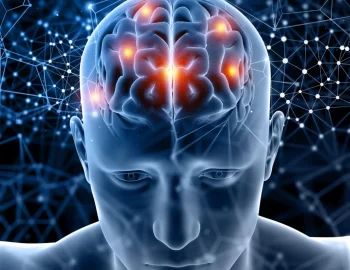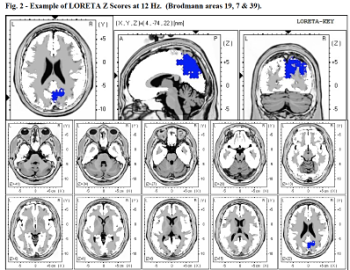Chronic Pain

What is Chronic Pain?
We all experience physical pain from time to time, whether it be from a minor injury or an illness. Chronic pain, however, is significantly different from conventional pain as it is characterized as pain lasting longer than six months. Also, just as important, chronic pain occurs in addition to the pain of the original health condition/injury/illness. The underlying condition may have healed, however, the chronic pain exists well after your body has recovered.
Symptoms of Chronic Pain
- Aching
- Burning
- Throbbing
- Piercing
- Sharpness, shooting
- Stinging
- Soreness
- Stiffness
- Depression and Anxiety
Start your mental health journey!
Chronic Pain
- Inability to attend school or work on homework as a result of impairments from the pain.
- Inability to work or significant impairments or limitations in employment opportunities.
- Inability to socialize or engage with others due to lingering pain or difficulties.
- Difficulty leaving home due to ongoing pain and suffering.
- Mental health illnesses such as depression and anxiety.
- Nociceptive pain
- Neuropathic pain
Chronic pain is more than just about pain lasting longer than six months. It is about how the central nervous system is being affected in a process known as central sensitization. Central sensitization is characterized by increasingly widespread pain and increasingly intense pain. When you sustain an injury, your body’s nervous system collects information from the injured site. It sends this information through electrical signals to your spinal cord and brain. Your brain analyzes this sensory information and sends out a message that alerts your body that something is wrong. Your body then works hard to heal the injury.
Normally, once the injury is resolved, your pain goes away, and the neurons stop firing. But with Chronic Pain, the neurons continue firing, thus informing your brain that you are still in pain when you really shouldn’t be. Once the Chronic Pain cycle in your brain is established, it also starts to attach emotional meaning to the experience of being in pain.
In fact, someone suffering from Chronic Pain starts to feel high levels of distress because of the anticipation of being in pain. The suffering is no longer just physical, but also highly psychological/emotional.
How we can help?
Neurofeedback based on electroencephalogram (EEG) imaging works to change the interpretation of the complex pain signals in the brain and nervous system. Microcurrent Therapy works to change the pain signals in the peripheral nervous system. Biofeedback works by reducing the hypersensitivity of the nervous system to the effects of pain. Hypnotherapy uses visual imagination to decrease the significance associated with pain.

Biofeedback
Learn how biofeedback therapy allows you to control and regulate your body’s physiological functions more effectively.

Neurofeedback
Discover how neurofeedback training can improve your cognitive function and optimize your brain.



